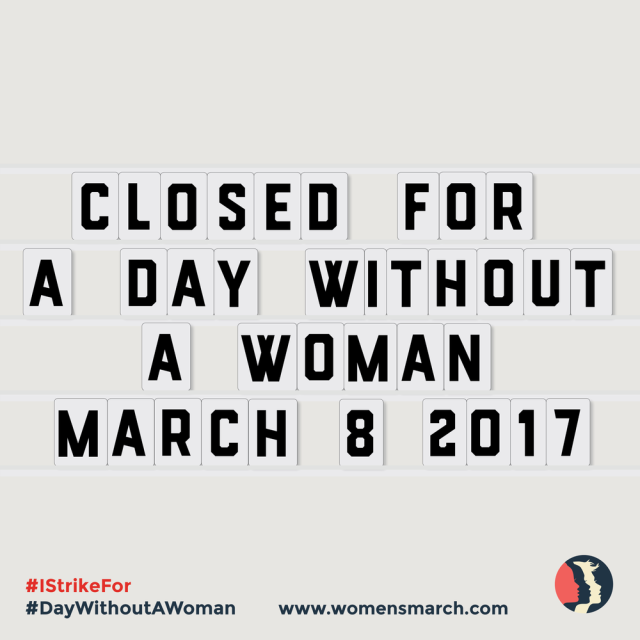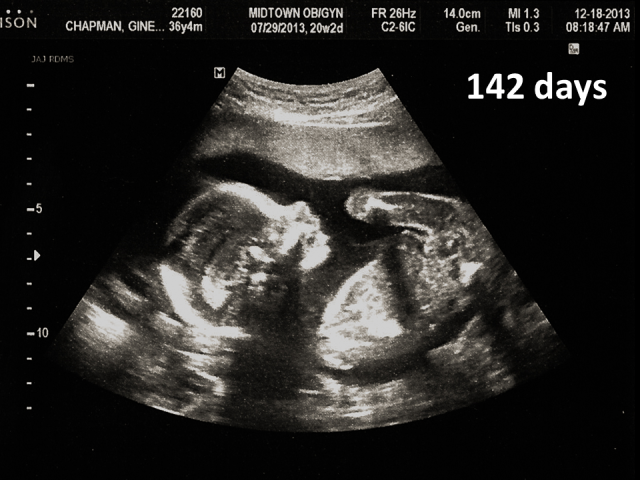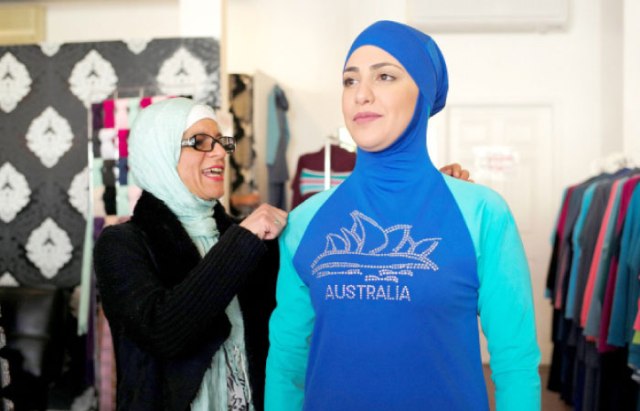
INDIO, CA – APRIL 14: Beyonce Knowles performs onstage during 2018 Coachella Valley Music And Arts Festival Weekend 1 at the Empire Polo Field on April 14, 2018 in Indio, California. (Photo by Kevin Winter/Getty Images for Coachella)
You may have heard that the California music festival Coachella began this past weekend. You may also have heard that Beyonce was going to headline the festival.
Heard of her?
Unless you were living under a rock, you know that Queen Bey preformed an absolutely epic two-hour set Saturday night at Coachella. Not only is this befitting a QUEEN, but it absolutely fits the first Black woman to headline the festival.
Can you believe it?! It’s true!
Beyonce is the first Black woman to headline Coachella. She was originally tapped to headline last year’s festival, but had to pull out due to her pregnancy. Beyonce is only the second woman to headline, after Icelandic singer Bjork. (Bjork headlined in 2002 and 2007.)
She’ll perform next Saturday night in the second part of Coachella. If you’re not one of the lucky few to see her perform in person, watching this past Saturday’s performance is the next best thing!







